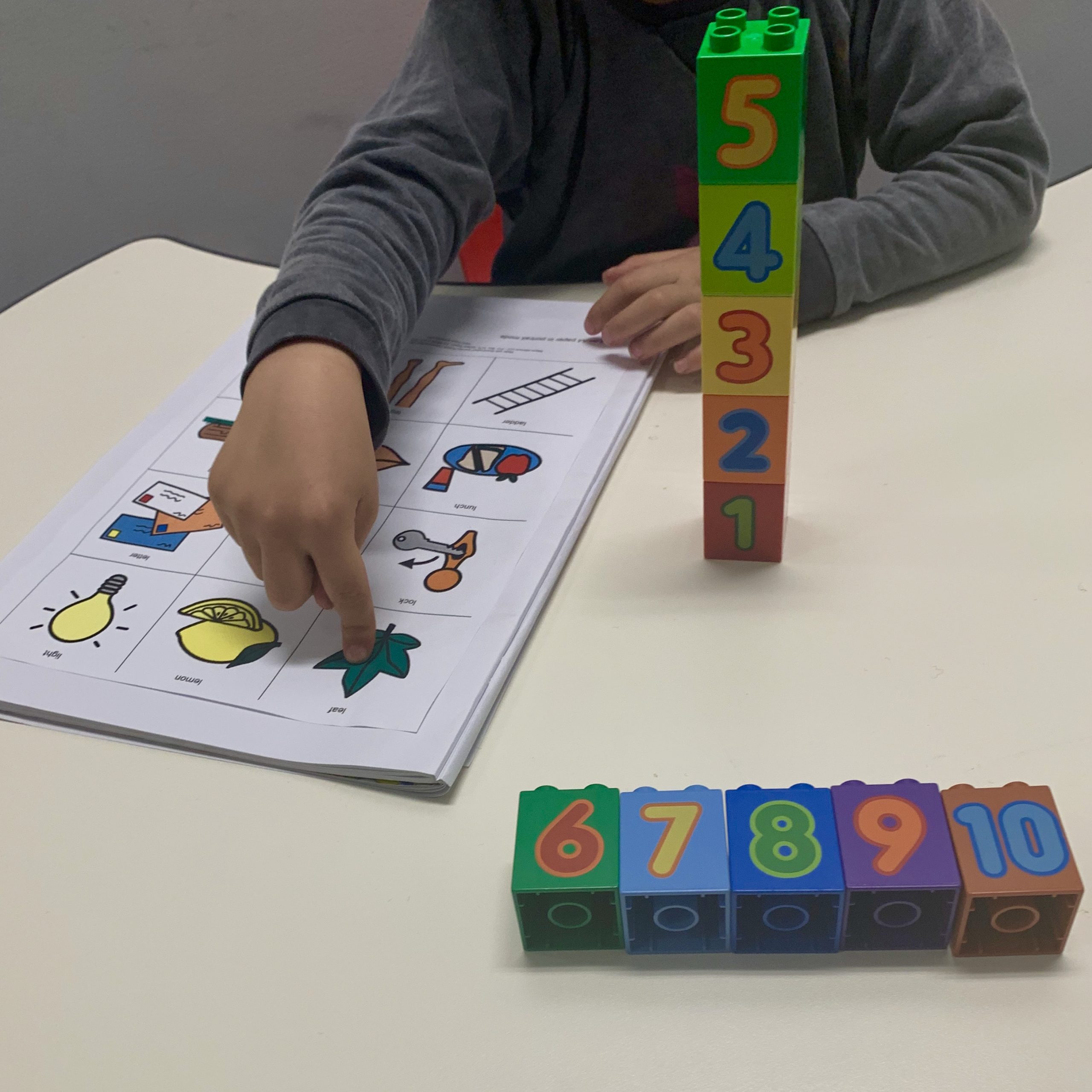
What Happens in a Speech Pathology Assessment?
Are you wondering what happens during a speech pathology assessment for your child? If you’re in Bondi Junction or Mascot and considering speech therapy, this guide will walk you through the process. A speech pathology assessment is a crucial step in understanding your child’s communication skills and helping them thrive.
Meeting Your Speech Pathologist
The first step in a speech pathology assessment is meeting the speech pathologist. At our Bondi Junction and Mascot clinics, our experienced and friendly speech pathologists make both parents and children feel at ease. They will gather important background information from parents about the child’s speech and language development, medical history, and any concerns you might have.
A Fun Playroom Experience
The assessment takes place in a welcoming playroom filled with toys, games, and books. This environment helps the speech pathologist observe how your child communicates naturally. Through play, your child will engage in activities that allow the speech pathologist to evaluate their speech and language skills in a relaxed setting.
What Happens During a Speech Pathology Assessment?
Listening and Talking
During the assessment, the speech pathologist will listen to how your child speaks. They may ask your child to name pictures, describe scenes in a picture book, or repeat sentences. These tasks help the speech pathologist understand how well your child pronounces words, forms sentences, and uses language to express themselves.
Understanding Words and Sentences
The next step is assessing how well your child understands language. The speech pathologist will give simple instructions like, “Put the ball in the box” or “Show me the big red truck,” to see if your child can follow directions and understand words. This helps identify any difficulties with language comprehension.
Social Communication Skills
Communication is more than just words—it’s also about interacting with others. The speech pathologist will observe how your child uses language in social situations. Does your child make eye contact? Do they take turns in conversation? These skills are vital for effective communication.
Reading and Writing for Older Children
For older children, the speech pathology assessment may include reading and writing tasks. The speech pathologist will assess how well your child reads aloud or writes sentences, ensuring there are no underlying issues that could affect their schoolwork.
Oral-Motor Skills
Sometimes speech challenges are linked to how the mouth moves. The speech pathologist might ask your child to blow bubbles or make funny faces to see how their mouth, lips, and tongue are functioning. This part of the assessment is called an oral-motor evaluation.
Feeding and Swallowing
If there are concerns about feeding or swallowing, the speech pathologist will observe your child during a snack. They will evaluate how your child chews and swallows food to identify any issues that might be impacting their eating habits.
Hearing Check
Hearing plays a crucial role in speech development. If your child hasn’t had a recent hearing test, the speech pathologist might recommend one. Ensuring there are no hearing problems can help in addressing any speech or language delays.
After the Speech Pathology Assessment: What’s Next?
Understanding the Results
Once the assessment is complete, the speech pathologist will review the findings with you. They will explain your child’s strengths and any areas of concern. If your child is experiencing speech or language challenges, the speech pathologist will recommend the best course of action.
Creating a Speech Therapy Plan
If your child needs speech therapy, our Bondi Junction and Mascot speech pathologists will create a tailored plan. This may include regular speech therapy sessions, fun activities to do at home, and strategies for parents to support their child’s development. The goal is to help your child improve their communication skills step by step.
Supporting Your Child at OneOnOne Children’s Therapy
At OneOnOne Children’s Therapy, we understand how important it is to support each child’s unique communication journey. Our Bondi Junction and Mascot clinics offer a comprehensive range of speech pathology services tailored to meet the individual needs of children with speech, language, and communication difficulties.
With a team of highly skilled speech pathologists, including Certified Early Start Denver Model (ESDM) therapists, we provide holistic and innovative therapy options to ensure your child’s success. Our Speech Pathologists ate members of Speech Pathology Australia.
Contact Us for a Speech Pathology Assessment in Bondi Junction and Mascot
If you’re concerned about your child’s speech or language development, OneOnOne Children’s Therapy is here to help. We offer expert speech pathology services at our Bondi Junction and Mascot clinics. You can reach us at (02) 8065 7837 or email us to discuss your child’s specific needs.
Speech Pathology Bondi Junction | Speech Pathologist Bondi Junction
Speech Pathology Mascot | Speech Pathologist Mascot
Discover how our speech pathologists in Bondi Junction and Mascot can support your child’s communication journey. Together, we can help your child reach their full potential!
